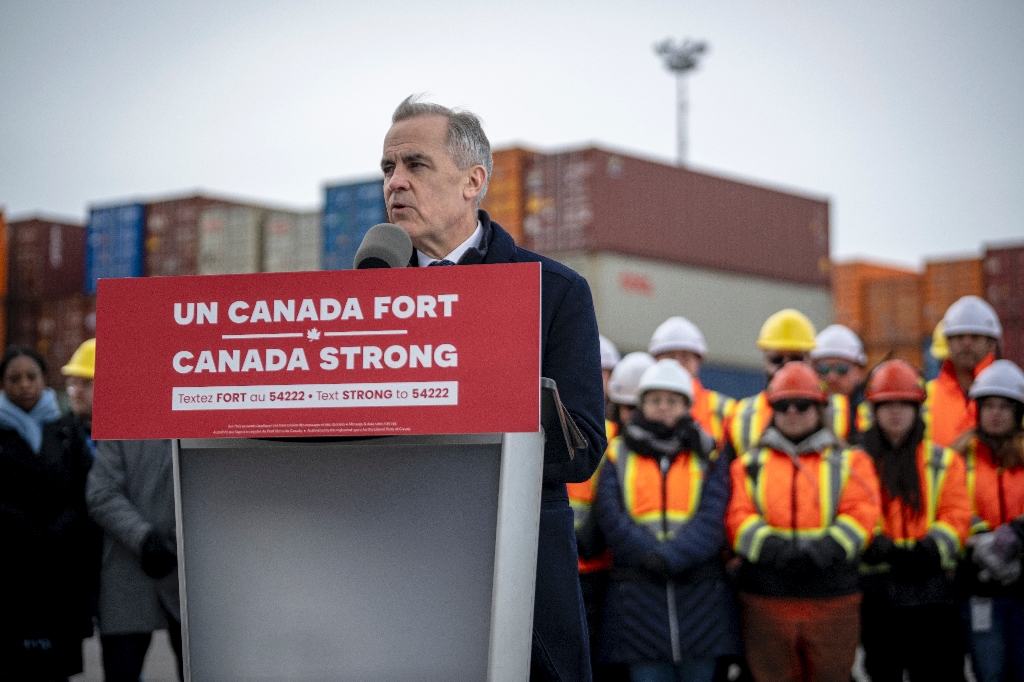New York (AFP) – Boeing said Tuesday that it delivered 14 aircraft in October, but production will likely take several weeks to return to normal after a worker strike that hit operations at two major assembly plants. In the first 10 months of the year, Boeing said it delivered 305 airplanes, down from 405 in the same period last year. The company also received 63 gross orders in October.
About 33,000 workers in the US Pacific Northwest walked off the job on September 13 after overwhelmingly rejecting an initial contract offer, sparking the costliest strike in the United States this century. After a stoppage of more than seven weeks—costing the aviation giant billions—the International Association of Machinists and Aerospace Workers (IAM) District 751 said it approved a new contract proposal. Boeing staff could return as soon as November 6 and must be back on the job by November 12, according to the IAM.
Production of the company’s best-selling 737 MAX, as well as the 777 jet, were halted by the strike. Production of the 787 Dreamliner carried on at a plant on the east coast of the United States. Boeing said Tuesday that it would be several weeks before it fully restarts airplane production, given that restarting a manufacturing line is a multi-stage process. The company added that it was working on safely restarting operations in Washington and Oregon.
Boeing’s gross orders for October included 40 737 MAX 8 aircraft for Avia Solutions Group, in a transaction valued at about $4.9 billion. Avia’s first firm order with the aviation giant comes with an option to add another 40 jets later, Boeing and Avia said in a statement Tuesday. “We have committed to a strategic approach of expanding our capacity to meet our customers’ seasonal needs, and our first order with Boeing is a key pillar of this,” said Gediminas Ziemelis, chairman of the aviation services group. The versatile 737 family is Boeing’s best-seller. The 737 MAX 8 can seat 162 to 210 passengers—with a range of up to 6,480 kilometers (about 4,000 miles).
The US Pacific Northwest strike had exacerbated the company’s already precarious outlook after a January incident in which a fuselage panel blew out mid-flight on a 737 MAX operated by Alaska Airlines. Although there were no major injuries, the episode plunged Boeing back into crisis after two previous fatal MAX crashes, with US air safety regulators limiting production output until the company shows it has gotten its house in order.
Boeing announced a management shakeup in March that included the exit of CEO Dave Calhoun, who was replaced in August by former Rockwell Collins chief Kelly Ortberg. But as the strike dragged on, the stoppage threatened Ortberg’s turnaround efforts. With the strike in the rearview mirror, Boeing has overcome two major overhangs, after a successful push to raise more than $20 billion in capital, analysts earlier noted. All eyes are now on Boeing’s prospects for increasing commercial plane production.
© 2024 AFP




